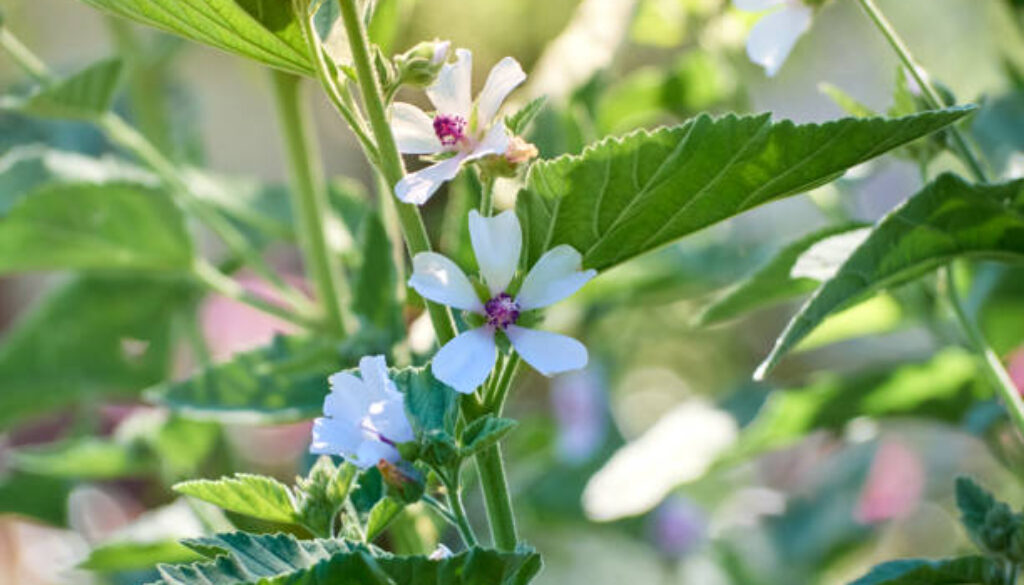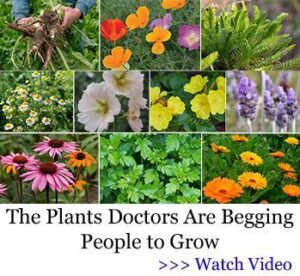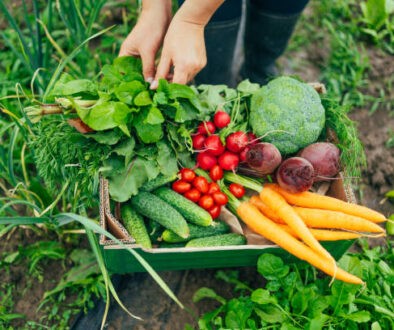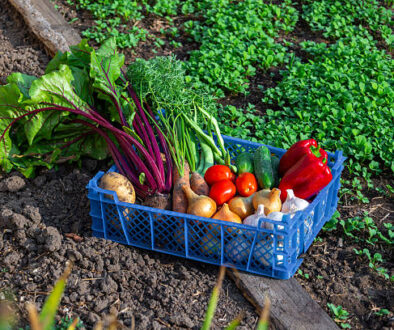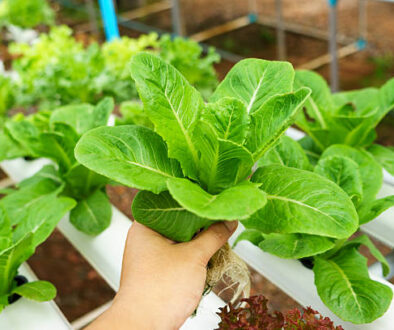13 Medicinal Plants With Amazing Benefits for Any Healing Herbs Garden
This post may contain paid and/or affiliate links. I may earn a small commission at no extra cost to you.
A healing herbs garden is more than a collection of pretty plants; it’s a natural resource for wellness.
With the right medicinal plants, you can create a garden that supports immunity, digestion, stress relief, skin health, and much more.
Whether you’re a beginner or an experienced gardener, these 13 plants bring amazing benefits to any healing herbs garden.
1. Chamomile
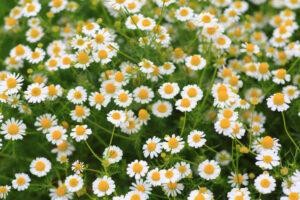
Chamomile is famous for its calming effects. Its flowers make soothing teas that help with sleep, digestion, and relaxation.
Chamomile grows well in sunny spots with well-drained soil, making it a great addition to any healing garden.
Tip: Pick flowers when fully open and dry them for tea or salves.
Related:
- The Most Important Plants That Are Probably Missing From Your Backyard (Medicinal Plants)
- Mistakes to Avoid When Growing a Medicinal Herb Garden
- Why Having a Medicine Herbs Garden at Home is The Best Thing You Can Do
2. Lavender
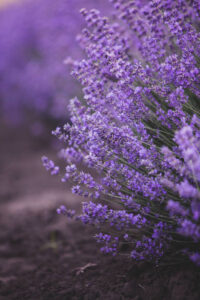
Lavender is both fragrant and medicinal. It can calm the mind, support sleep, and has antibacterial properties. Lavender also attracts pollinators, which benefits the overall health of your garden.
Tip: Trim flowers before they fully bloom to encourage more growth.
3. Peppermint
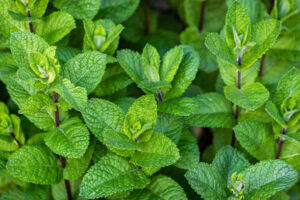
Peppermint is easy to grow and extremely versatile. It helps with digestion, headaches, and congestion. Because it spreads quickly, it’s best grown in pots or contained areas within your garden.
Tip: Crush fresh leaves into hot water for instant tea.
4. Echinacea
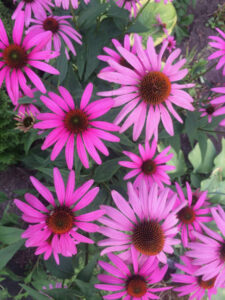
Echinacea boosts immunity and helps fight off infections. Its purple flowers add beauty to your garden, and its roots and leaves can be used for teas and tinctures. Plant it in full sun with well-drained soil for best results.
Tip: Combine it with other herbs in your healing garden for an attractive and functional display.
5. Thyme
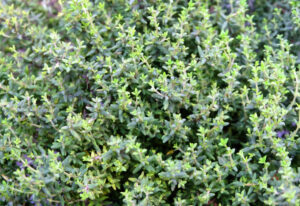
Thyme has antibacterial and antiviral properties, making it a valuable medicinal plant. It grows well in both pots and garden beds and can be used in teas, cooking, or homemade remedies.
Tip: Harvest small sprigs regularly to encourage bushy growth.
6. Lemon Balm
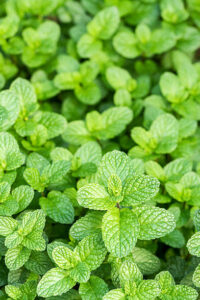
Lemon balm reduces stress, aids digestion, and promotes restful sleep. It grows quickly and adds a bright lemony scent to your garden. Lemon balm is perfect for beginners because it’s hardy and easy to maintain.
Tip: Plant in a container if you want to control its vigorous growth.
7. Calendula – Healing for the Skin
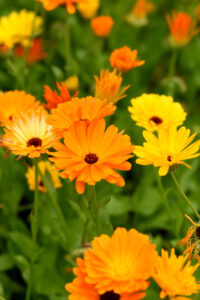
Calendula is ideal for soothing skin irritations, minor cuts, and inflammation. Its bright flowers attract pollinators and add vibrant color to any healing herb garden.
Tip: Harvest petals when fully open and dry them for long-term use.
8. Holy Basil (Tulsi) – Stress Relief and Immunity
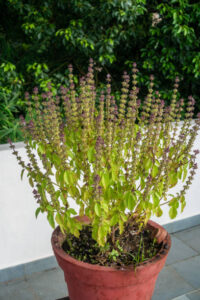
Holy basil is an adaptogen that helps the body manage stress and supports immunity. It’s a strong addition to any garden and provides fresh leaves for teas and remedies year-round.
Tip: Tulsi thrives in sunny areas with regular watering, and it grows well in pots indoors.
9. Rosemary
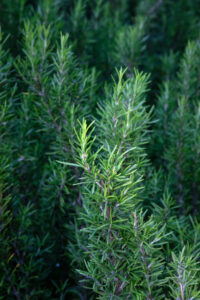
Rosemary benefits memory, circulation, and respiratory health. It’s resilient and easy to grow, making it perfect for beginners or small gardens. It also works well in both culinary and medicinal applications.
Tip: Prune regularly to keep it bushy and aromatic.
10. Sage
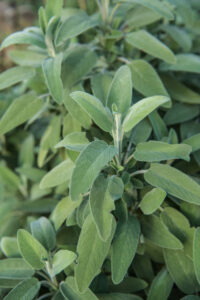
Sage has antibacterial and anti-inflammatory properties and is useful for digestion, sore throats, and respiratory issues. It prefers sunny spots with well-drained soil and benefits from occasional pruning.
Tip: Harvest leaves when mature for maximum potency.
11. Aloe Vera – Skin Soother
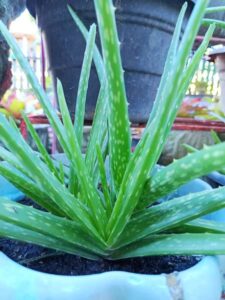
Aloe vera is well-known for its soothing gel that helps burns, cuts, and skin irritations. It’s easy to grow in pots or in warm outdoor areas and makes a practical addition to any garden.
Tip: Let soil dry between waterings, as aloe prefers slightly arid conditions.
12. Marjoram – Gentle Digestive Aid
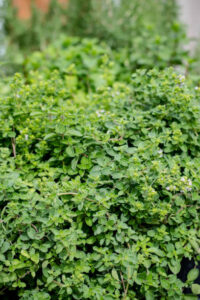
Marjoram supports digestion and helps relieve mild stomach discomfort. It grows quickly and easily in most gardens, adding fragrance and beauty to your healing herbs garden.
Tip: Plant in full sun and harvest small sprigs regularly.
13. Fennel – Digestive and Hormonal Support
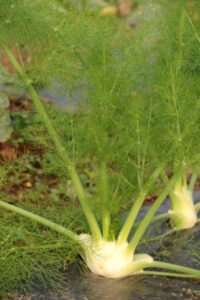
Fennel is another versatile medicinal plant. Its seeds and leaves aid digestion and can support hormonal balance. Fennel grows best in sunny areas with well-draining soil.
Tip: Harvest seeds once the flowers have dried for long-term use in teas or cooking.
Tips for a Thriving Healing Herbs Garden
- Start small and gradually expand your garden.
- Ensure most plants get 6–8 hours of sunlight daily.
- Use well-draining soil to prevent root rot.
- Water herbs carefully — most prefer slightly dry conditions between waterings.
- Harvest leaves, flowers, and seeds at peak potency for the best results.
Conclusion
Adding these 13 medicinal plants to your garden provides beauty, health benefits, and practical remedies at your fingertips. From chamomile and peppermint to calendula and holy basil, these plants make any healing herbs garden both functional and inviting.
FAQs About Medicinal Herbs
Q1: Can these plants be grown in containers?
Yes! Many medicinal plants, including peppermint, aloe, and lemon balm, thrive in pots, which is ideal for small spaces.
Q2: How long before I can harvest?
Most herbs are ready within 6–8 weeks, though flowering herbs like chamomile and calendula may take a bit longer.
Q3: Are these plants safe for everyone?
Generally, yes. Always check specific herb safety if pregnant, nursing, or taking medications.
Q4: Do I need a large yard for a medicinal garden?
No. Even a small patio or balcony can accommodate a thriving healing herbs garden.
